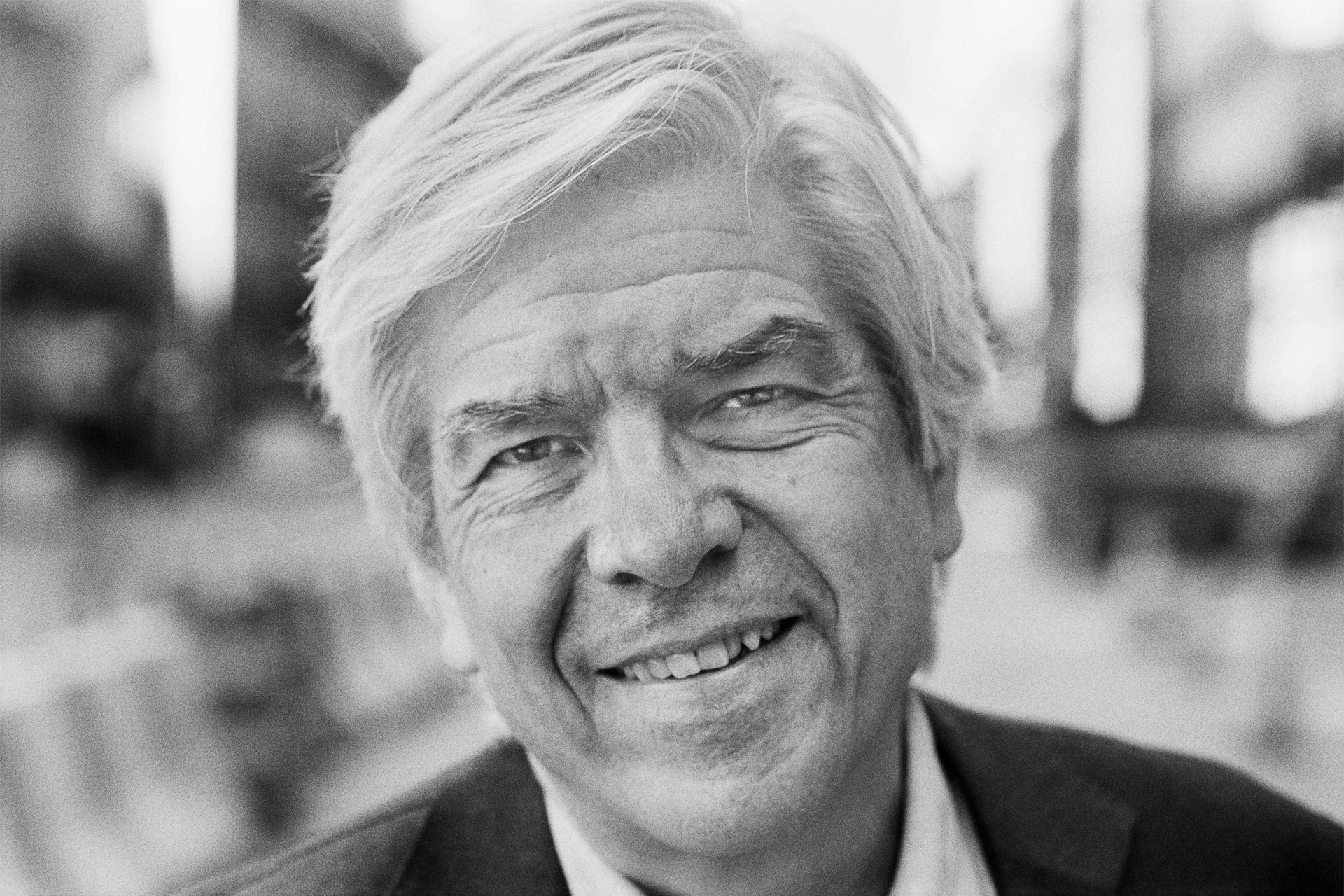
Paul Romer summarized a research career that earned him a half-share of the 2018 Sveriges Riksbank Prize in Economic Sciences in just 38 words. In the prize lecture he gave in Stockholm – “On the Possibility of Progress” – he said that his central concern has always been “the global macroeconomics of the tension between the restraining force of scarce resources and the positive force that can come from discovery and innovation.” The balance between these forces will decide whether humans continue to the progress that started roughly 10,000 years ago and accelerated dramatically in the last couple of centuries.
He embarked on his pioneering research while still a PhD student at the University of Chicago in the early 1980s when he started to develop a theory of “endogenous growth”, whereby technological innovations do not just emerge from external – exogenous from the Latin for generating outside – sources, as had been assumed in current economic models. Instead, they are underpinned by policies that support education access and research activities that accelerate technological progress thus in turn fuelling economic development. As he likes to say, “Progress does not happen. People make it.”
Economic analysis always turns on the question of what humans do with their limited resources. Romer argued that whilst that the global economy’s potential is bounded by natural limitations, new technological and scientific insights can provide new ways to increase the quality of life by using scarce limited resources in new ways. Through his groundbreaking 1990 research and his paper “Endogenous Technological Change” in that year, Romer established how knowledge creation can drive sustained economic expansion. His work revealed the economic conditions that motivate companies to innovate and develop new ideas. Romer's key insight was identifying the unique characteristics of ideas compared to traditional goods, and the special market conditions they need to flourish.
His groundbreaking thinking has provided the basis for a storied career. In 2002 he temporarily moved out of academia to set up Aplia, a company that built on his belief in the potential of technology to deliver higher productivity in education. It created online homework assignments for college professors to give to students. He has championed the concept of "charter cities" – special economic zones operating under external or foreign administration to establish strong legal institutions and catalyze economic development. This idea emerged organically from a shift in his attention from frontier growth in rich countries to catch-up growth in the developing world. Urbanization, he argued, is central to catch-up growth. It is also an area where leadership by the government is essential. He was chief economist and senior vice president of the World Bank from 2016 to 2018.
Paul M. Romer was born in Denver, Colorado, United States, on 6 November 1955. He graduated from Phillips Exeter Academy in 1973 and studied at the University of Chicago, Massachusetts Institute of Technology, and Queen’s University in Kingston, Ontario, Canada. He received his doctorate at the University of Chicago in 1983. His dissertation was titled “Dynamic Competitive Equilibria With Externalities, Increasing Returns and Unbounded Growth”. He has worked at the University of Rochester, University of Chicago, University of California, Berkeley, New York University, and Stanford University. Romer is currently (2025) a University Professor in Economics at Boston College. His wife is Caroline Weber, a professor of French Literature at Barnard College, whom he married on the same day he received the Nobel Prize.
